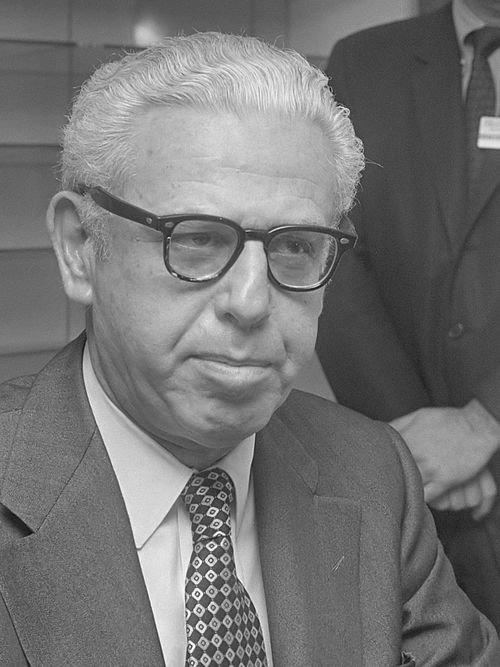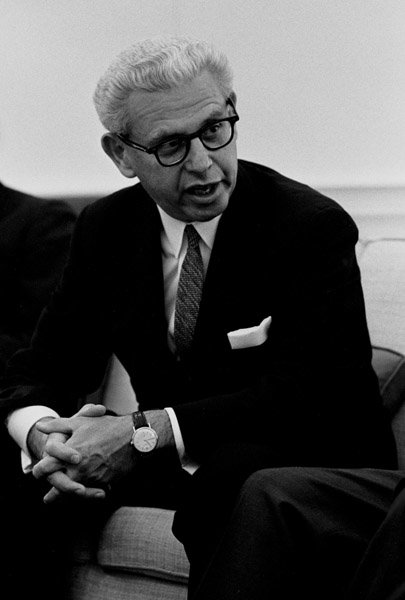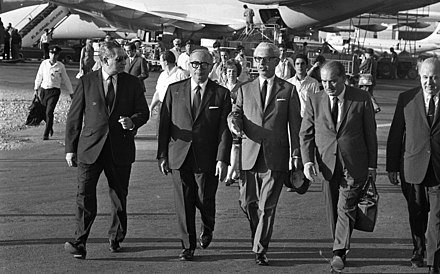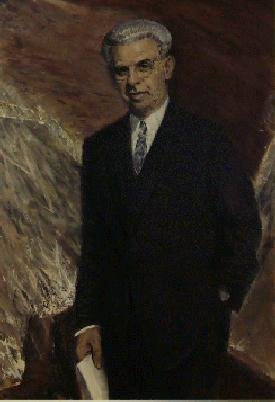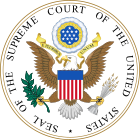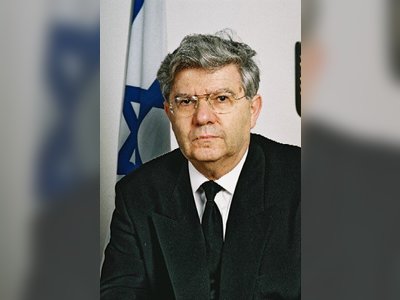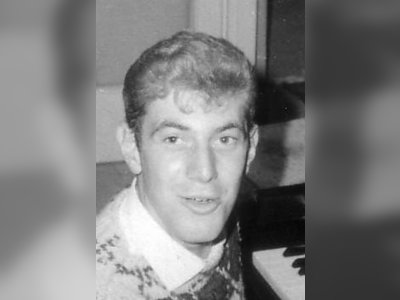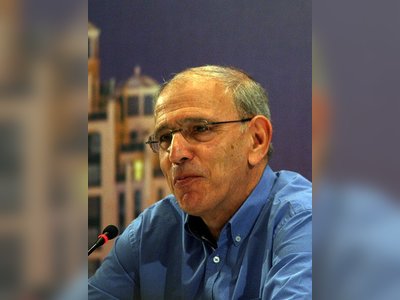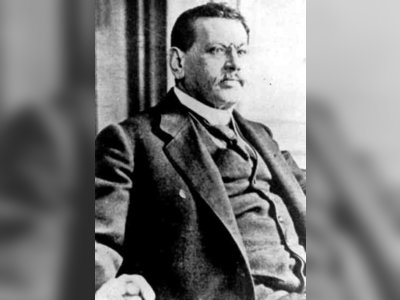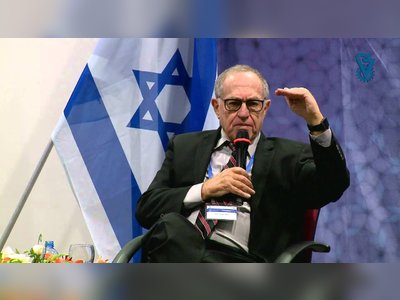מורשת גדולי האומה
בזכותם קיים
beta
Arthur Goldberg: A Life of Law and Advocacy
Arthur Joseph Goldberg (August 8, 1908 – January 19, 1990) was an influential American politician and jurist who held key positions such as the United States Secretary of Labor, a Supreme Court Justice, and the U.S. Ambassador to the United Nations.
Early Life and Education
Born and raised on the west side of Chicago, Arthur Goldberg was the youngest of eight siblings. His parents were Jewish immigrants from Poland, part of a large and well-known family in the town of Oświęcim. Tragically, his father, a peddler, passed away in 1916, prompting Goldberg's older brothers to leave school and work to support the family. However, Arthur, the youngest in the family, continued his education and completed it at the age of 16.
Goldberg's interest in law and justice began to take shape following the 1924 trial of Leopold and Loeb, two wealthy young men from Chicago who managed to escape the death penalty by paying a hefty fee to their defense attorney, Clarence Darrow. It was during this time that Goldberg started to understand how economic and societal inequality could lead to unequal application of the death penalty. This experience planted the seeds of his opposition to capital punishment.
Goldberg achieved academic excellence as a student at Northwestern University, where he studied law, graduating in 1930. During his studies, he became involved in the Avukah organization, dedicated to promoting Zionist ideals among Jewish youth.
In 1931, Goldberg married Dorothy Kurgans, an art student. The couple had two children, Barbara and Robert.
Legal Career and Advocacy
Arthur Goldberg's legal career blossomed as he became a prominent labor lawyer, representing newspaper workers in Chicago who were part of the labor organization CIO (Congress of Industrial Organizations). He also worked in the Office of Strategic Services (OSS) during World War II as a liaison with the European resistance movements. In 1948, Goldberg was appointed the general counsel for the CIO and later served as the director of research and the legal counsel for the merged AFL-CIO in 1955.
During this period, Goldberg's influence within the Democratic Party grew, and President John F. Kennedy appointed him to two critical roles: first as the United States Secretary of Labor from 1961 to 1962 and later as a Supreme Court Justice, replacing Felix Frankfurter, who retired due to health reasons.
Despite his relatively short tenure on the Supreme Court, Goldberg played a central role in shaping the Court's jurisprudence. His liberal worldview on legal matters pushed the Court towards a deeper commitment to protecting constitutional rights. This perspective was notably reflected in the landmark decision of Griswold v. Connecticut, where Goldberg argued that the Ninth Amendment to the U.S. Constitution supported an unenumerated right to privacy.
Goldberg's most significant impact, however, was in his opposition to the death penalty. In 1963, he famously wrote a memorandum to his fellow justices, expressing his belief that the imposition of the death penalty was cruel and unusual punishment, citing the Eighth Amendment. Goldberg was the first Supreme Court Justice to hold this position, and his advocacy paved the way for later decisions that would eventually lead to a moratorium on the death penalty in the late 1960s and 1970s. The Supreme Court's decision in the case of Furman v. Georgia in 1972 temporarily invalidated the death penalty nationwide.
In 1976, the Supreme Court reinstated the death penalty in Gregg v. Georgia, permitting its application in certain circumstances. However, the Court held that the death penalty for rape was unconstitutional in Coker v. Georgia in 1977.
During his time on the Supreme Court, Goldberg had two law clerks who would go on to become influential figures: Stephen Breyer, a future Supreme Court Justice, and Alan Dershowitz, a prominent criminal law expert.
Diplomacy and Later Career
In 1965, President Lyndon B. Johnson convinced Goldberg to step down as a Supreme Court Justice and serve as the United States Ambassador to the United Nations, succeeding Adlai Stevenson II. Goldberg accepted the offer with the hope of using diplomacy to end the protracted conflict in Vietnam. He also clashed with Johnson over the Vietnam War's objectives. During his tenure, the United Nations Security Council passed Resolution 242, calling for the return of territories Israel had captured during the Six-Day War. Goldberg emphasized that the resolution did not pertain to Jerusalem, and the armistice lines dividing Jerusalem had lost their validity.
In 1968, disheartened by the ongoing war, Goldberg resigned from his post as Ambassador. He was considered as a potential nominee for Chief Justice of the United States when Earl Warren announced his retirement but was ultimately passed over in favor of Warren E. Burger.
In 1970, Goldberg ran for the position of Governor of New York but lost to Nelson Rockefeller. Following his unsuccessful gubernatorial bid, Goldberg returned to legal practice in Washington, D.C., and served as the President of the American Jewish Committee. Under President Jimmy Carter, he was appointed as the U.S. representative to the Belgrade Conference on Human Rights in 1977 and received the Presidential Medal of Freedom the following year.
Arthur Goldberg passed away in 1990 and was laid to rest in Arlington National Cemetery.
Throughout his life, Arthur Goldberg left an indelible mark on American law, advocating for labor rights, civil liberties, and diplomacy in the face of international challenges. His principled stance against the death penalty and his commitment to constitutional values continue to influence legal debates and discussions to this day.
- ארתור גולדברגhe.wikipedia.org
